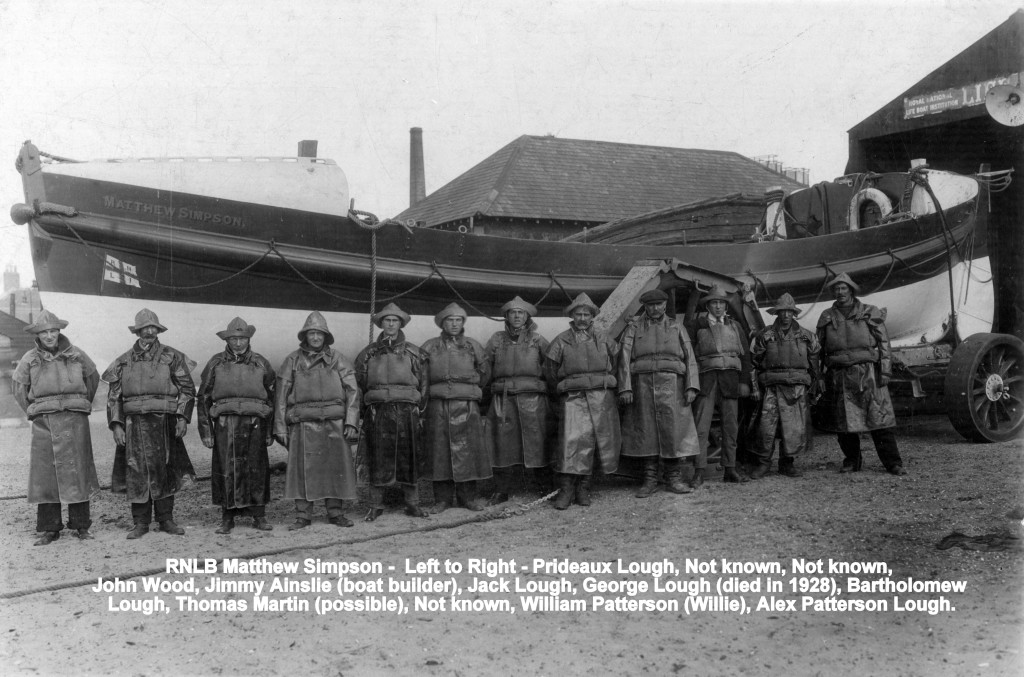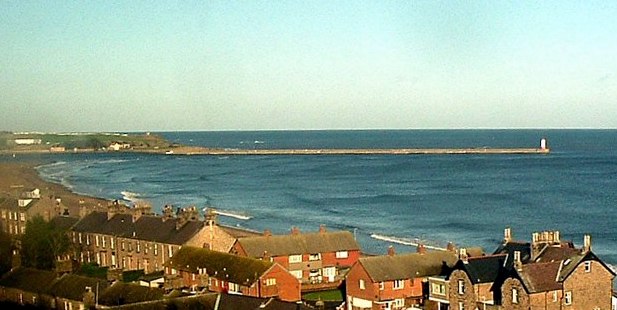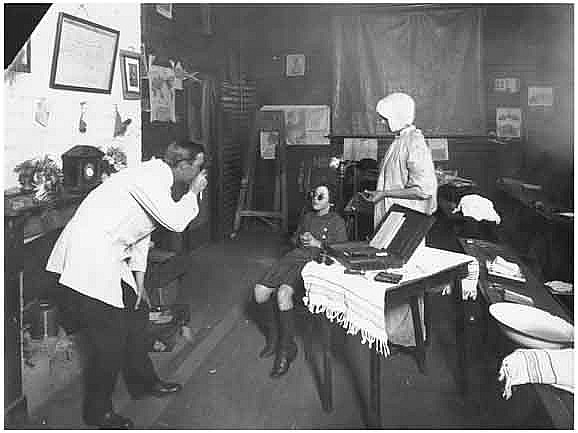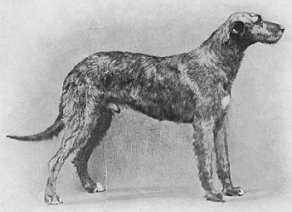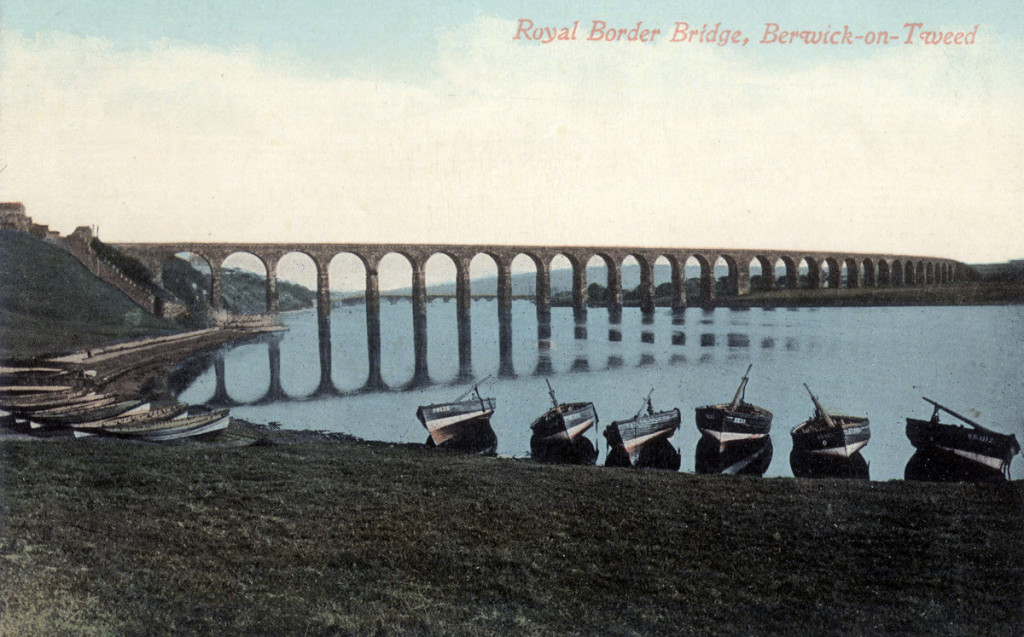BERWICK ADVERTISER, 10 MARCH 1916
LOCAL NEWS
Memorial in Parish Church to late Mr Stephen Sanderson – At a meeting of Berwick Vestry on Friday the application by the Vicar and Churchwardens for the erection of a brass tablet in memory of the late Mr Stephen Sanderson. The Elms, and his wife, came up for consideration. It was explained that the brass would be 34 by 24 with a teak frame 36 by 26, and that it was proposed to place it in the north wall of the Church above the tablet in memory of Capt. Forbes, who was a great friend of the late Mr Sanderson. On the motion of the Vicar, seconded by Mr. Forsyth, it was agreed to apply for a faculty from the Chancellor for the erection of the tablet.
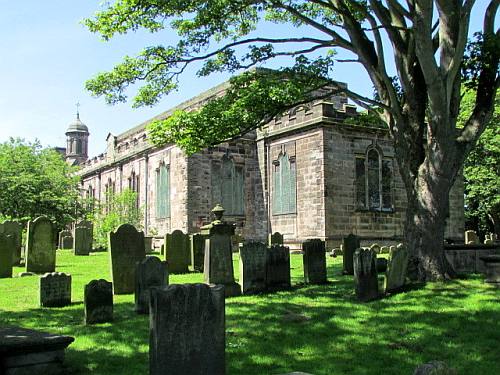
Women on Land. – It is estimated that probably 200,000 men have been withdrawn from various agricultural pursuits. This affords some justification for the unwillingness of the Board of Agriculture to consent to any further great depletion of rural labour through enlistment until measures are adopted for securing the maintenance of home-grown food supplies. A great demand exists for women’s labour on the land, and the Women’s National Land Service Corps has been formed to carry on a great recruiting campaign in town and country. It appears that through existing local agencies only 14,000 women have volunteered for what must be regarded as a patriotic service. The Land Service Corps received a send-off from Mr Walter Long and Viscount Milner. The latter is Chairman of the Committee on Home Production of Food. Appeals on the ground of patriotism will be made to women of all classes throughout England and Scotland, and it is confidently anticipated that the call will be answered. Educated women are asked to come forward and undergo a short course of training which will enable them to act as forewomen to places where there is a dearth of competent overseers.
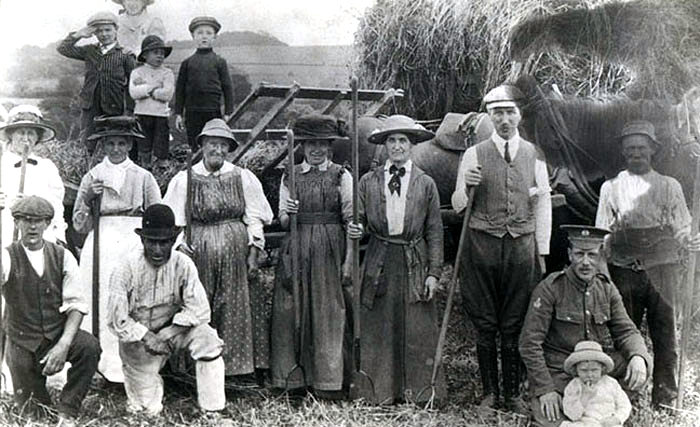
BERWICK PETTY SESSIONS
Deserter’s Walkergate Refuge
John Brown, private in the King’s Own Scottish Borderers, was charged with having been an absentee or deserter from the 3rd Battalion of the KOSB at Portobello.
The Chief Constable explained that the accused was found in the house of a married woman at the above address, where he was apprehended. The accused pleaded guilty.
Sergeant Wm. Glover stated that he received a telegraphic message from Portobello on Monday morning stating that the accused had been an absentee since Tuesday, 15th February, and that he was supposed to be about Berwick. He informed the police.
Police Constable Spiers deponed that he apprehended the accused in a house at 43, Walkergate, belonging to Mrs Mary Ann Foster or Wood. The accused had been there a fortnight, and had been absent from his regiment three weeks altogether,
The bench remanded the accused to await the arrival of a military escort.
BERWICK LADIES’ DISTRICT NURSING ASSOCIATION, Q.V.J.I.N
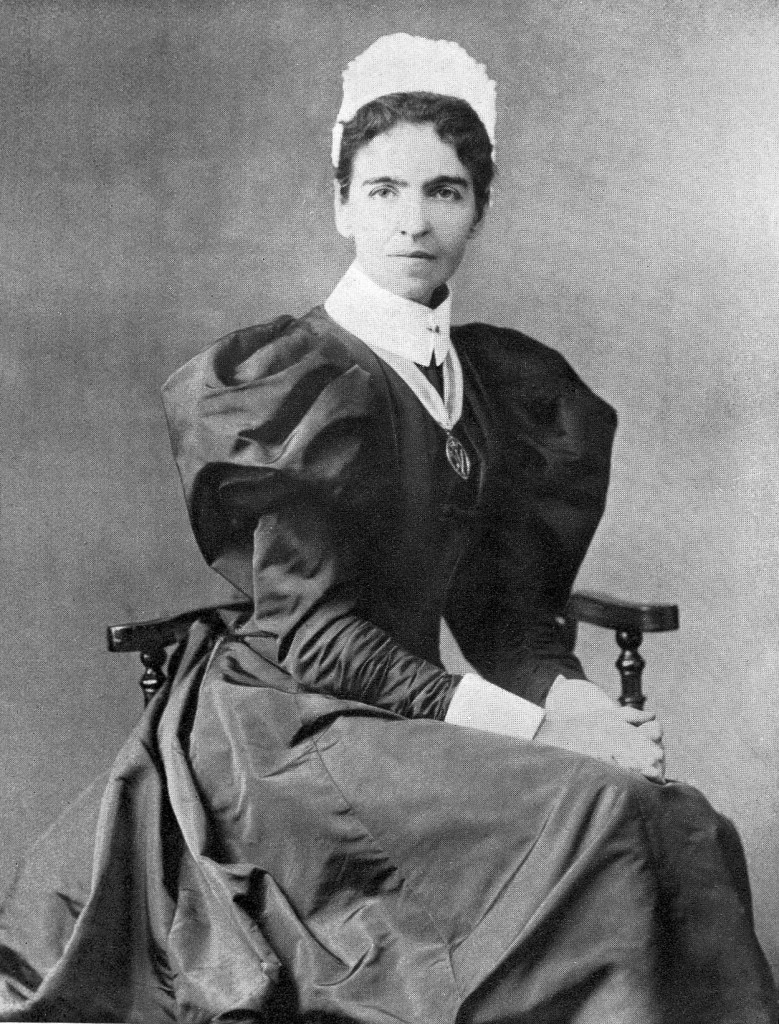
The report of work undertaken by the Queen’s Nurses in connection with the above Association, and of gifts received during the month of February, is as follows; – Commencing on the 1st with 49 cases transferred from January until the 29th February, 45 new patients were registered (Berwick 27, Tweedmouth 9, Spittal 9),making a total of 94 to whom they attended. Of these 37 were removed from the books as convalescent and 3 died, leaving 54 transferred to the present month. During the month nurses paid 1061 visits, and issued on loan amongst the sick 14 nursing appliances and 20 articles of clothing. The following gifts were also received; for all of which the Executive Committee tender their sincere thanks to the donors; – Miss Pearson, Ava Lodge; bovril and eggs; Miss Willoby, Ravesdowne, bed linen; Wallace Green Girls Auxiliary, cakes; Mr Lyall, Ravensdowne, old linen; Mrs Mackay, Castlegate, clothing. The Committee gratefully acknowlege the following donations to the Funds of the Association: – A Friend, Berwick, 2s 6d; a Grateful Mother, Berwick, 2s 6d; Mr Robert Dudgeon, Walkergate, 10s; A Grateful patient, Tweedmouth, 5s. Gifts of eggs, soup, clothing, etc., will be greatly welcomed, and may be sent to the Head Nurse, Q.V. Nurses’ Home, Quay Walls – all such being acknowledged monthly in the local papers.


